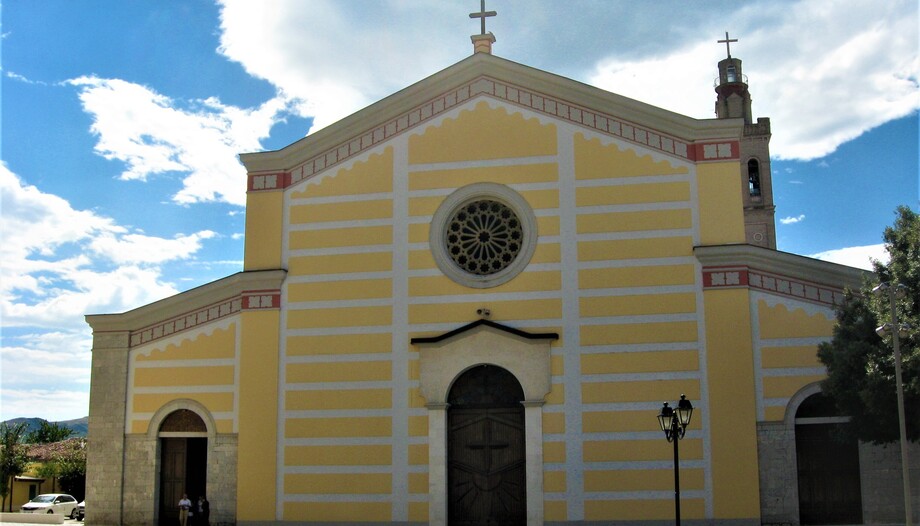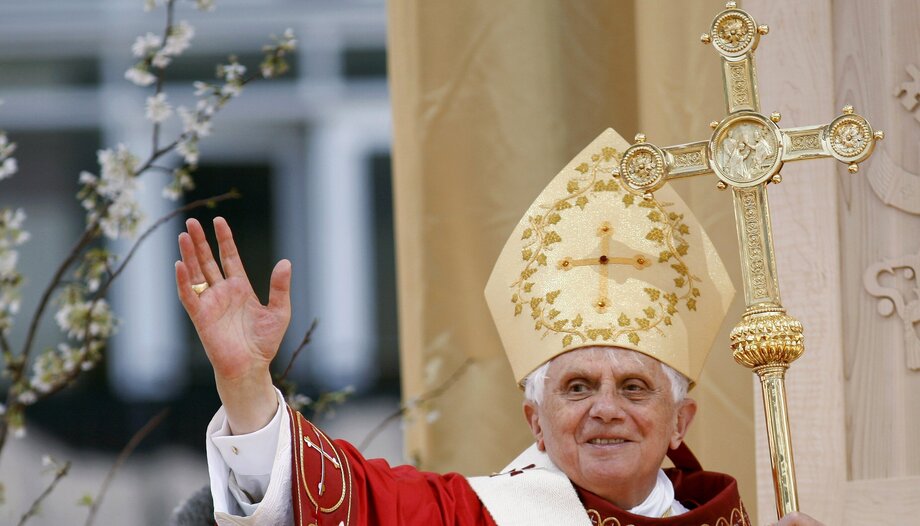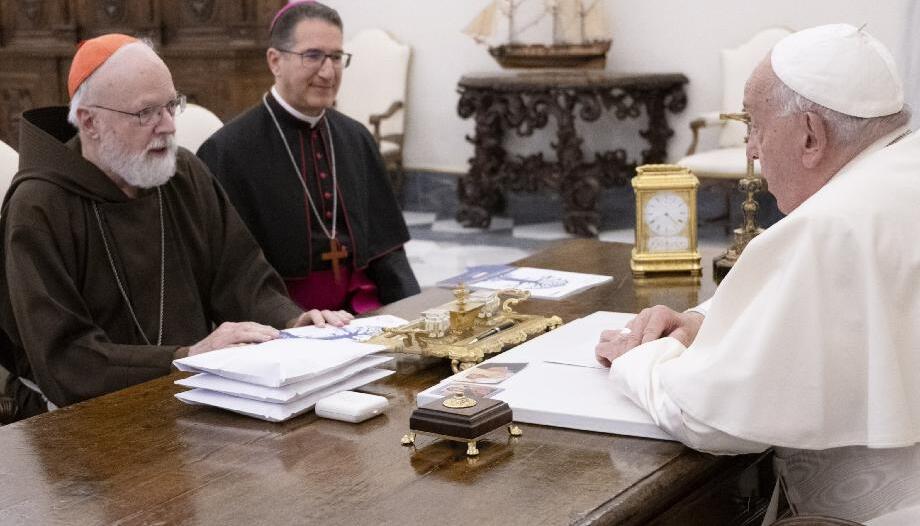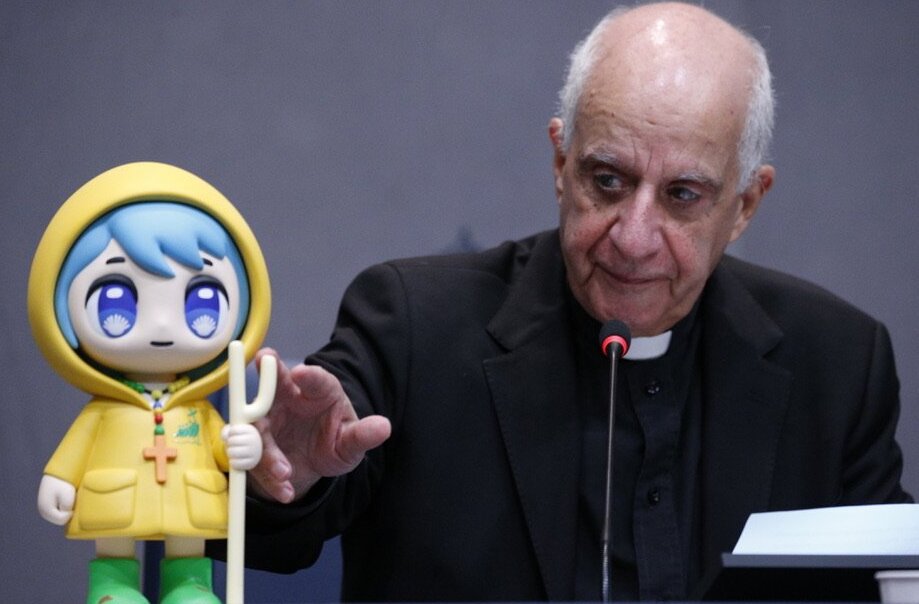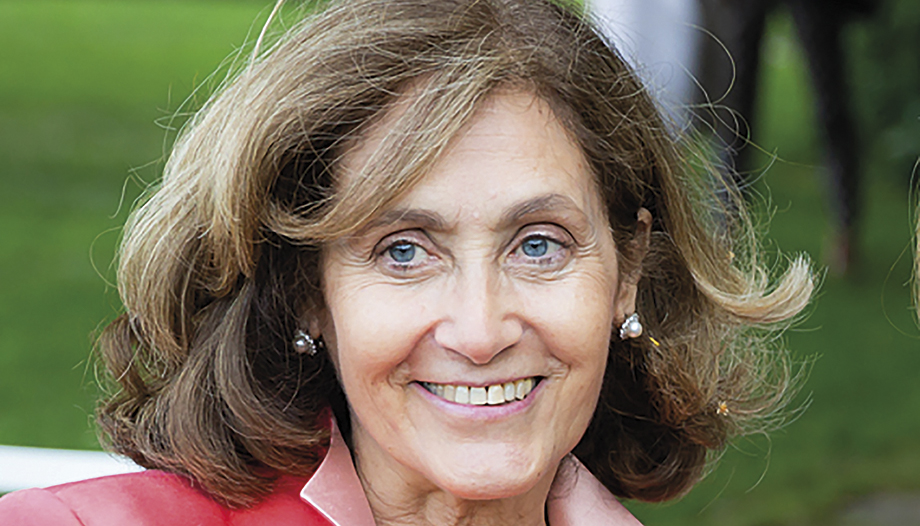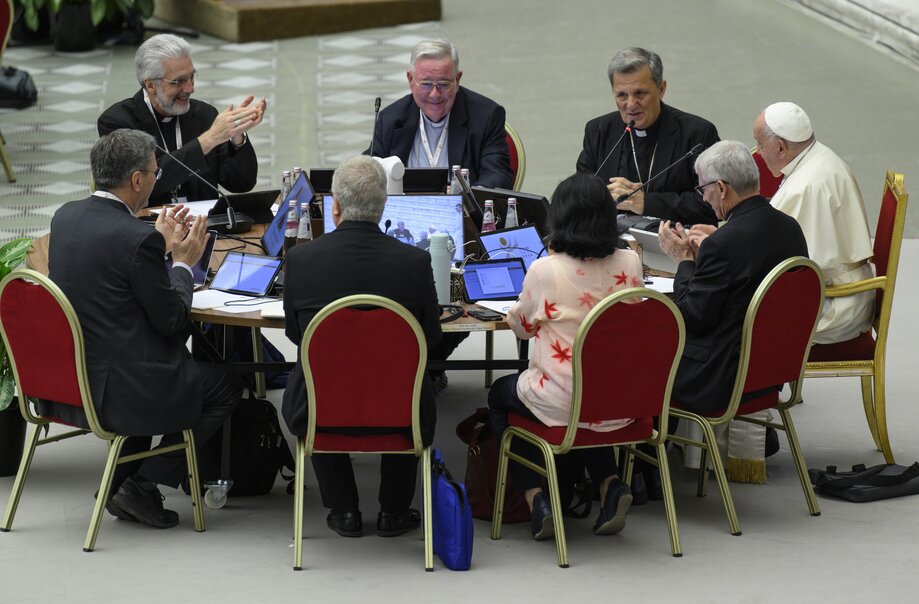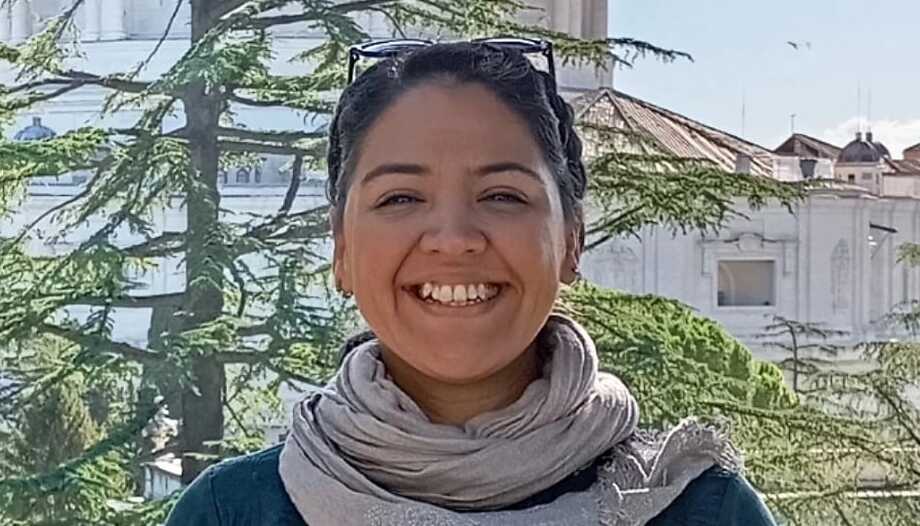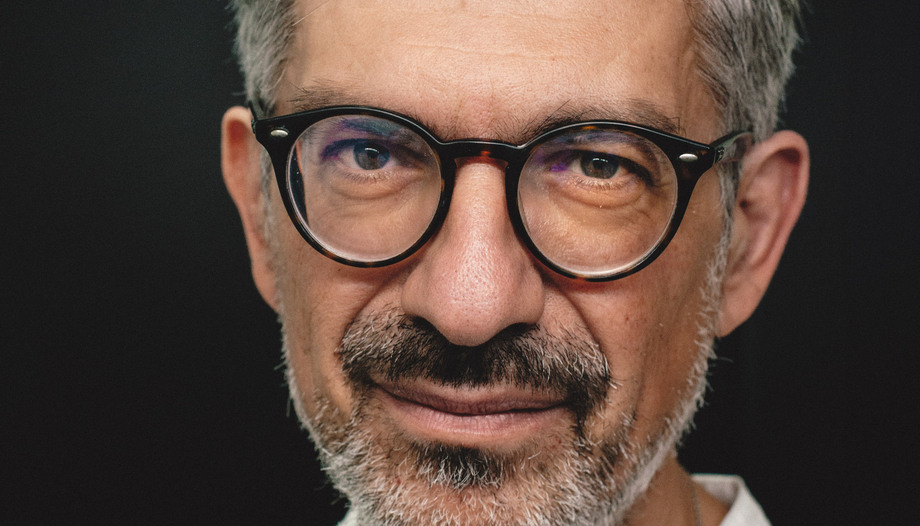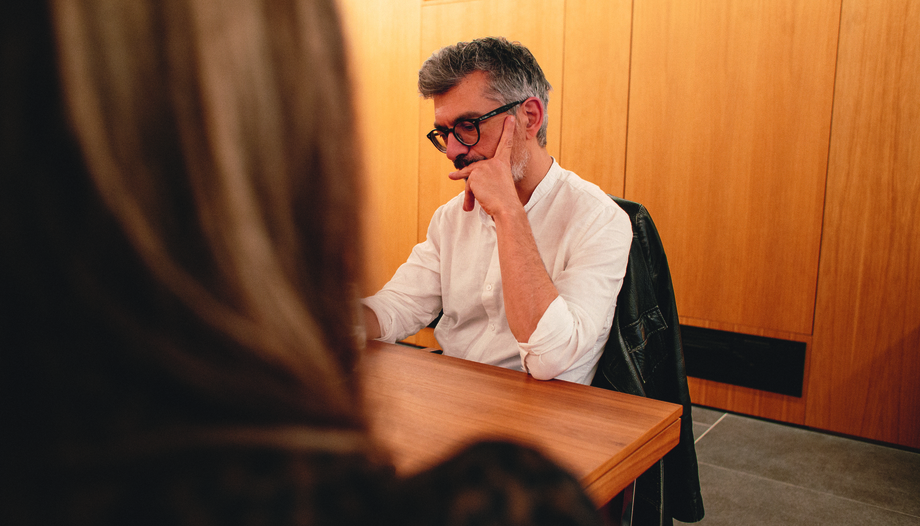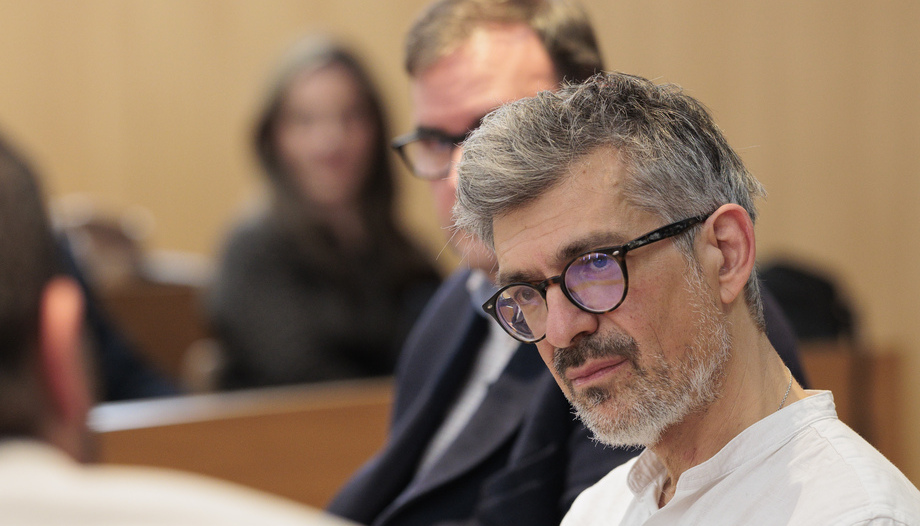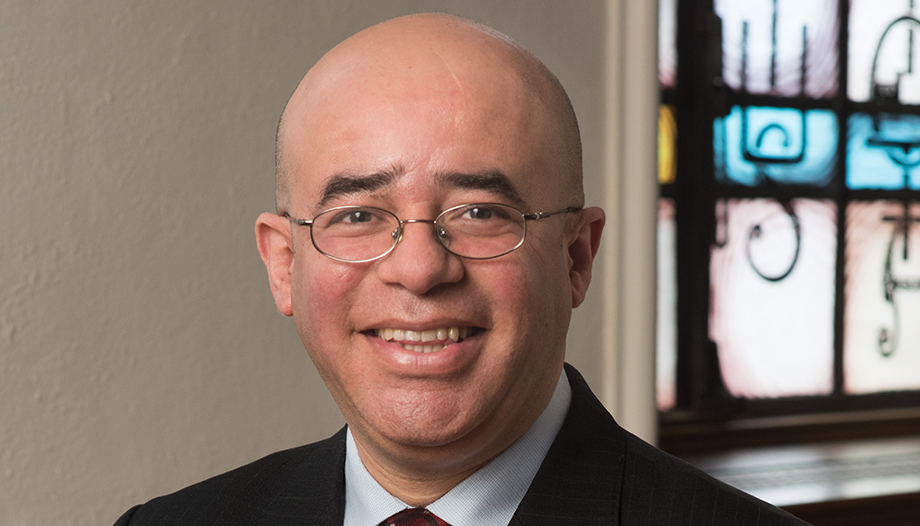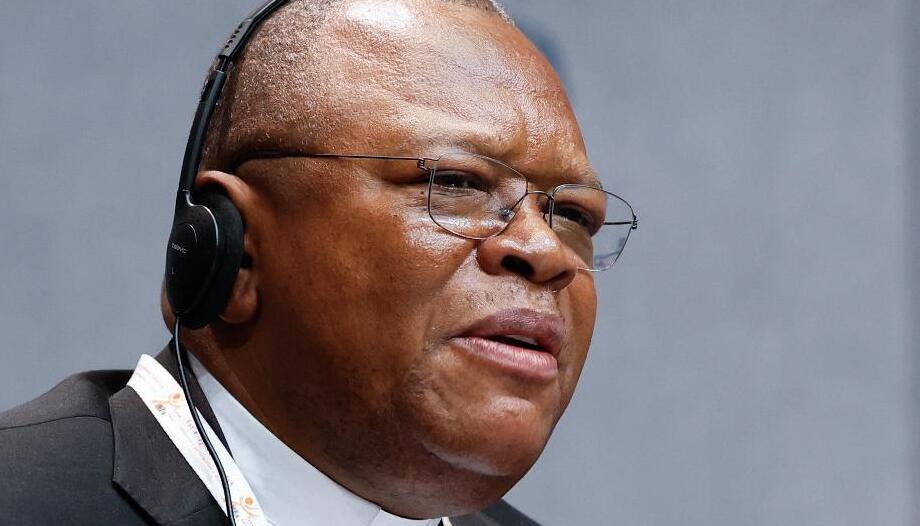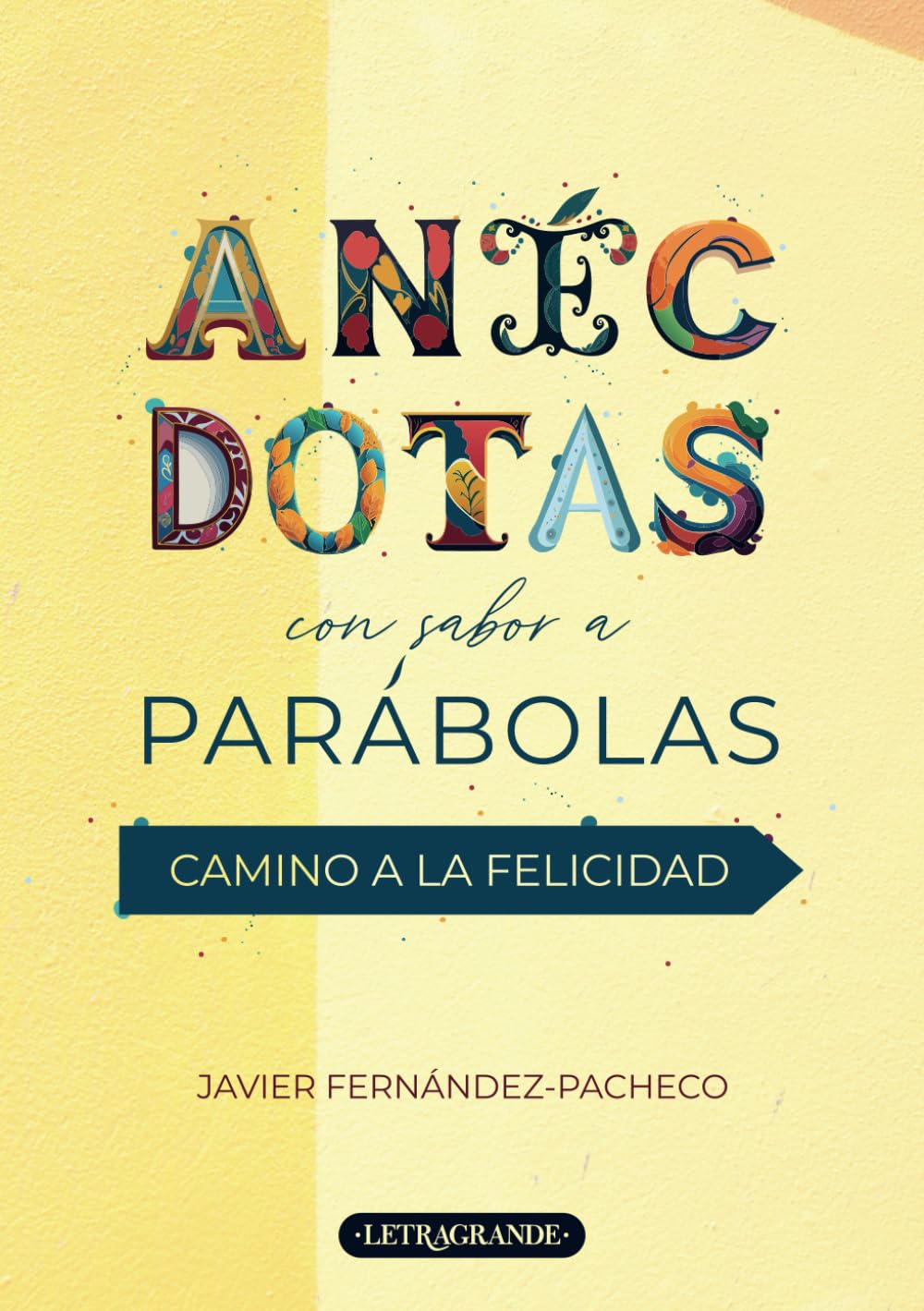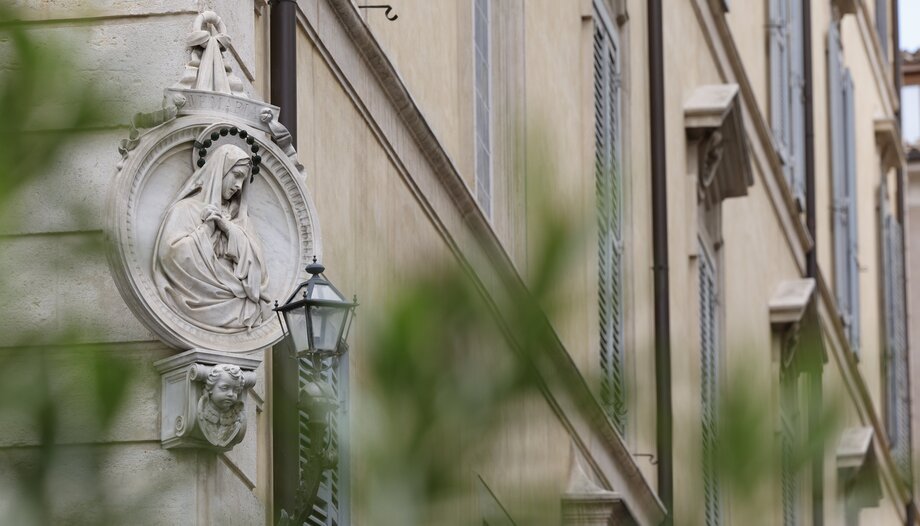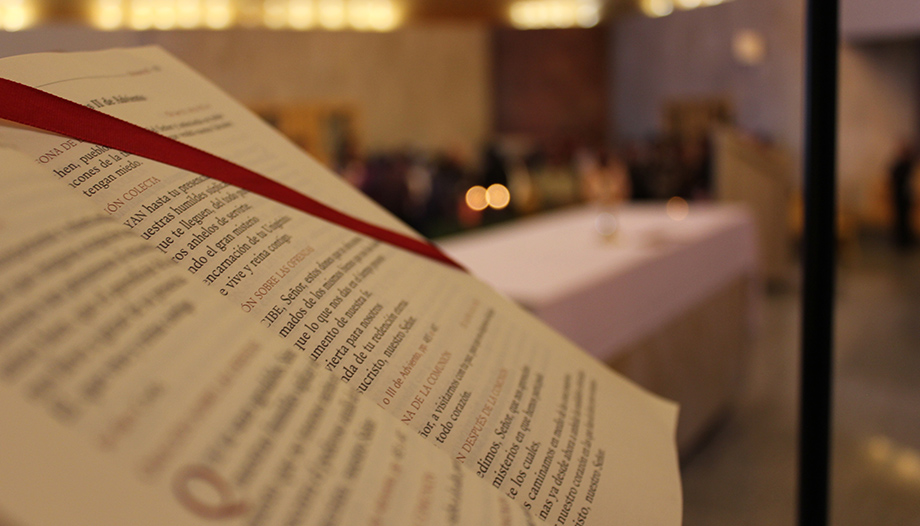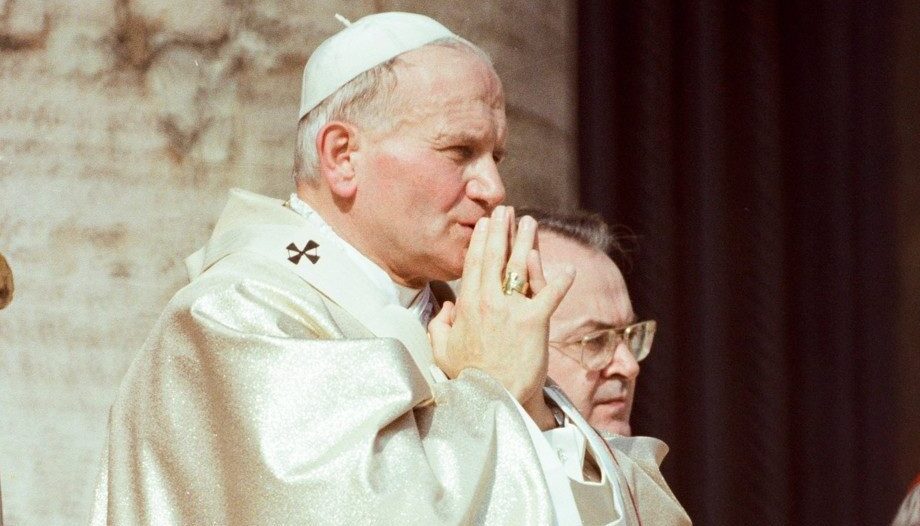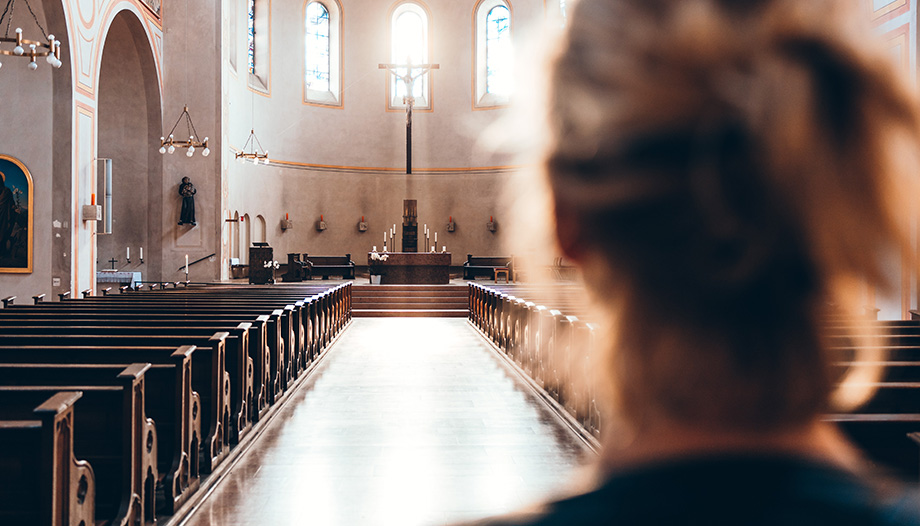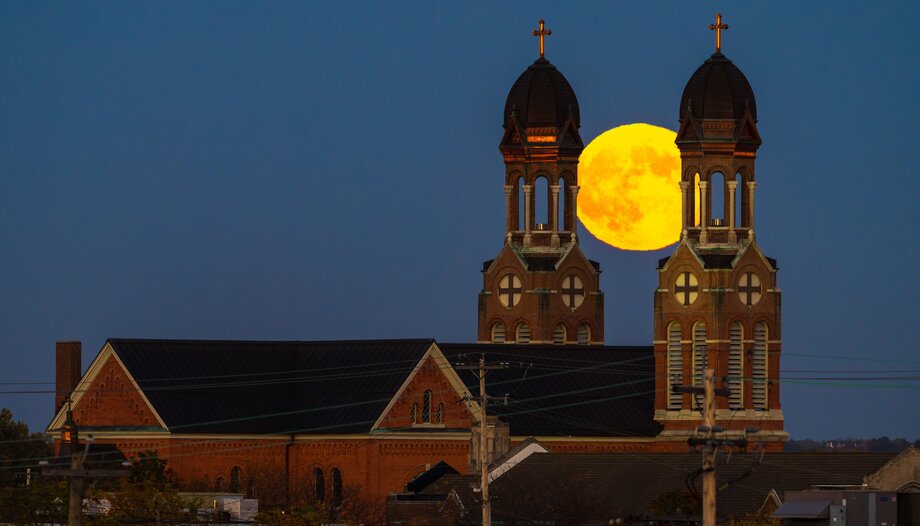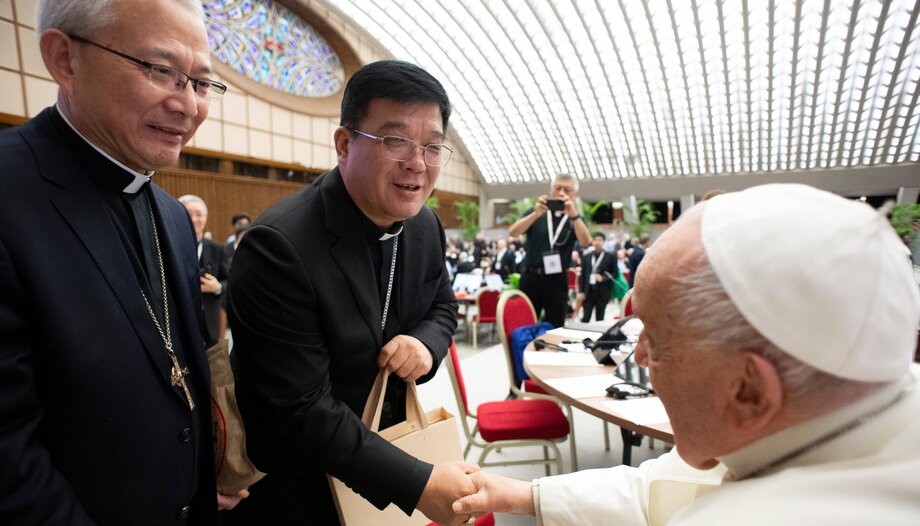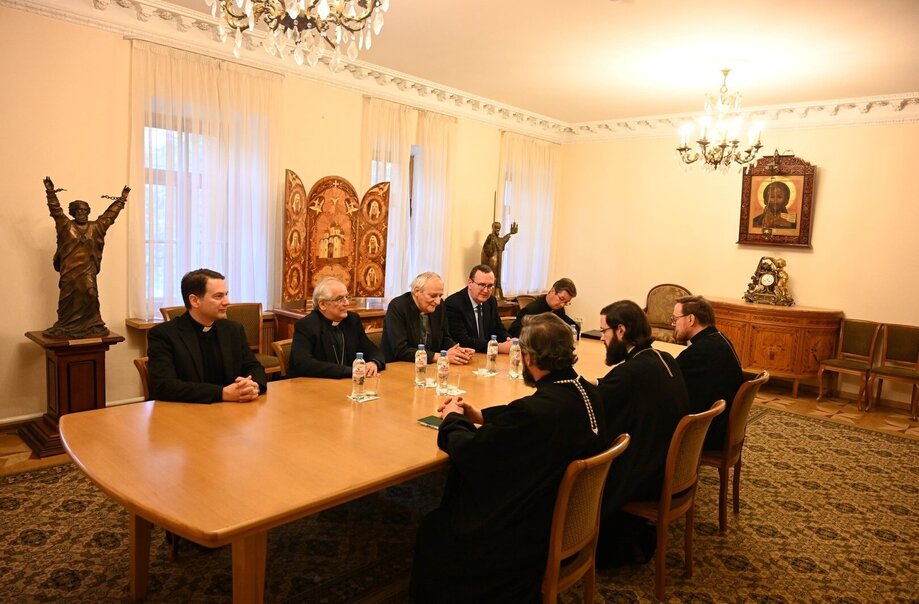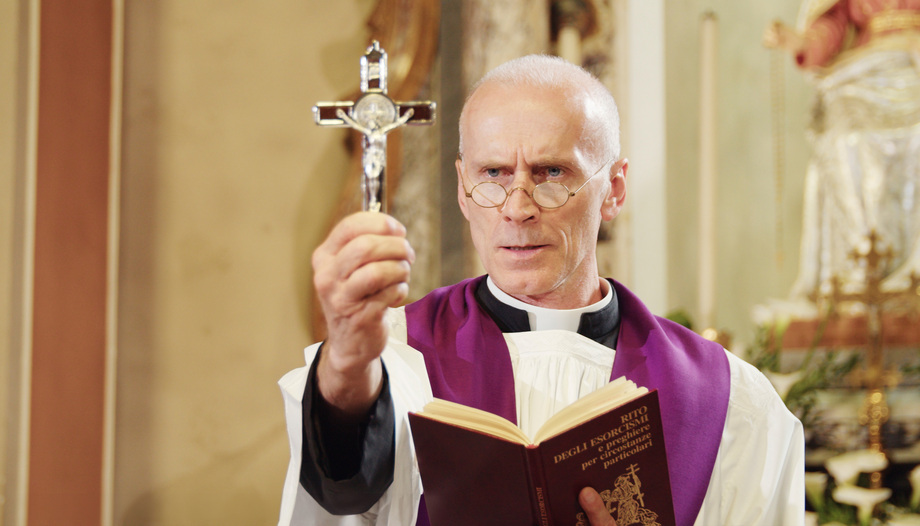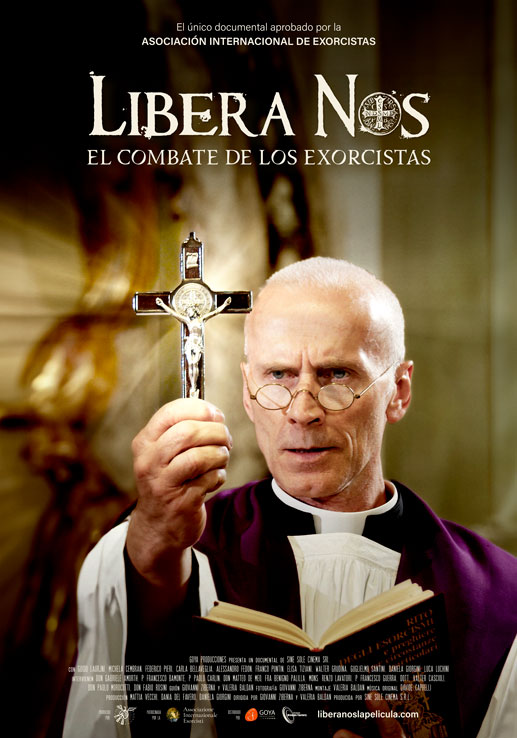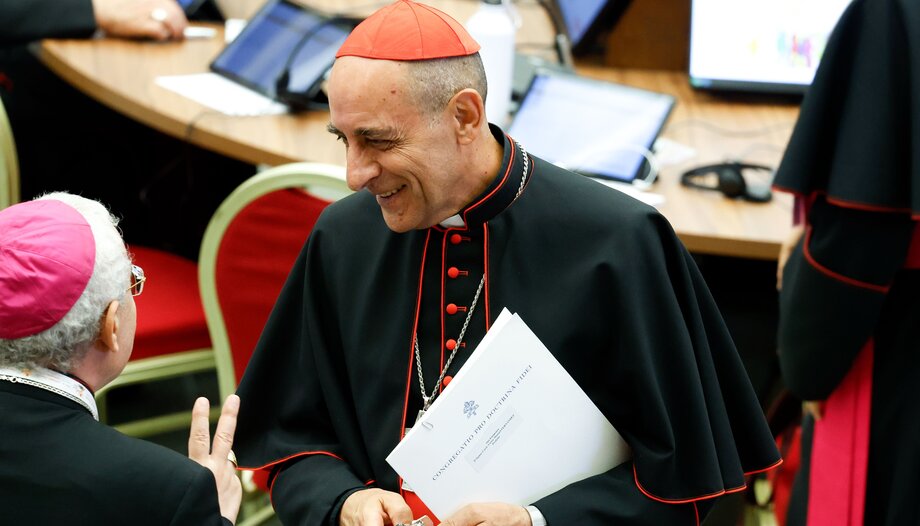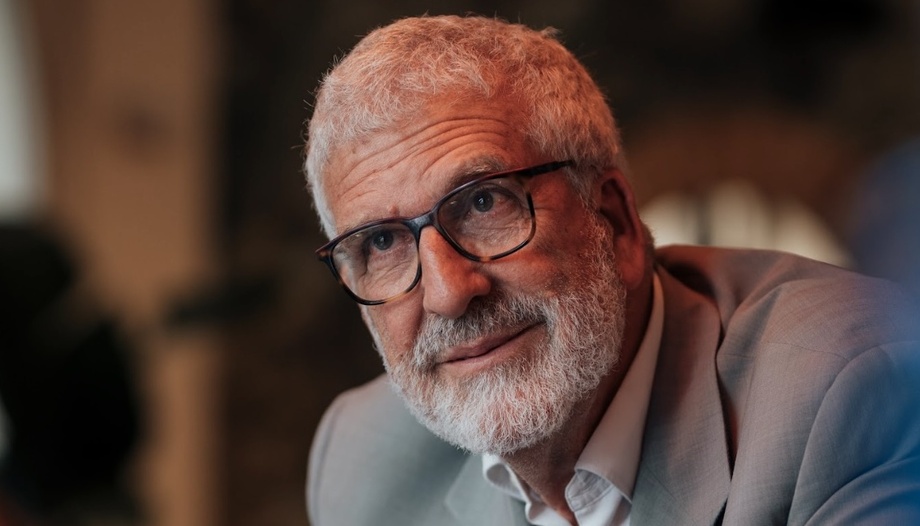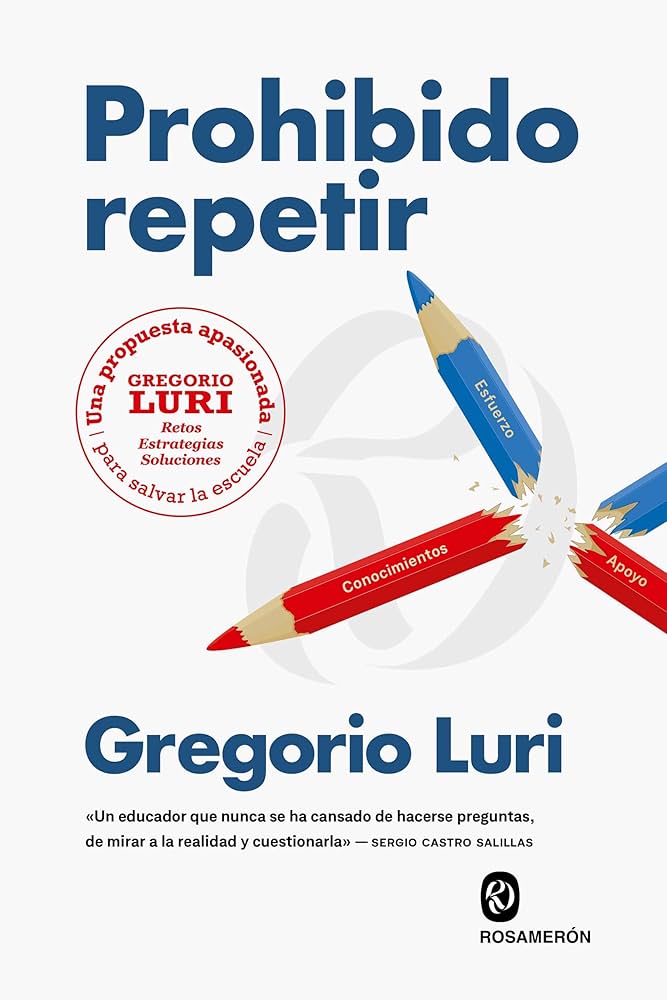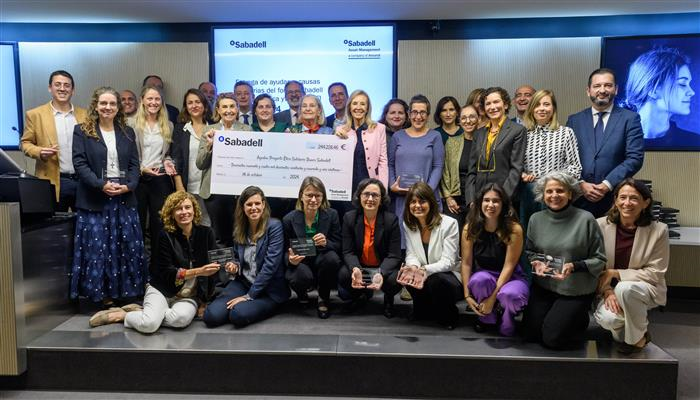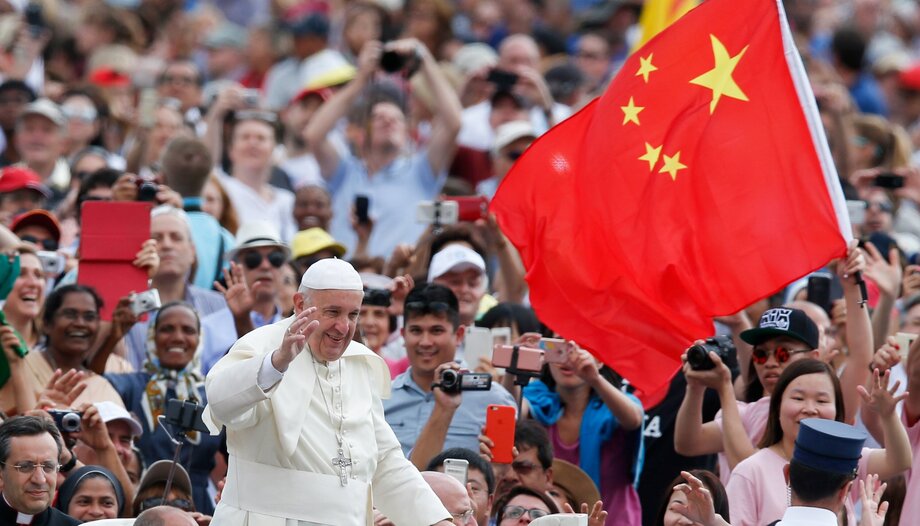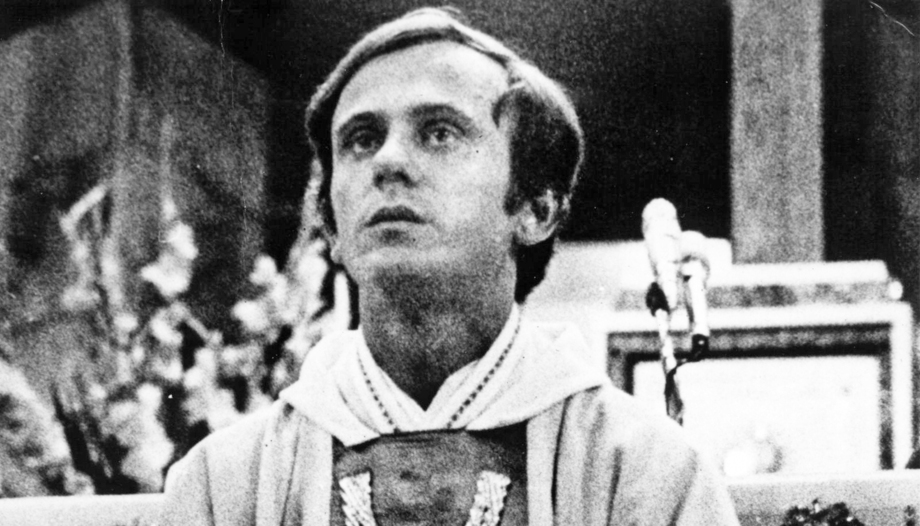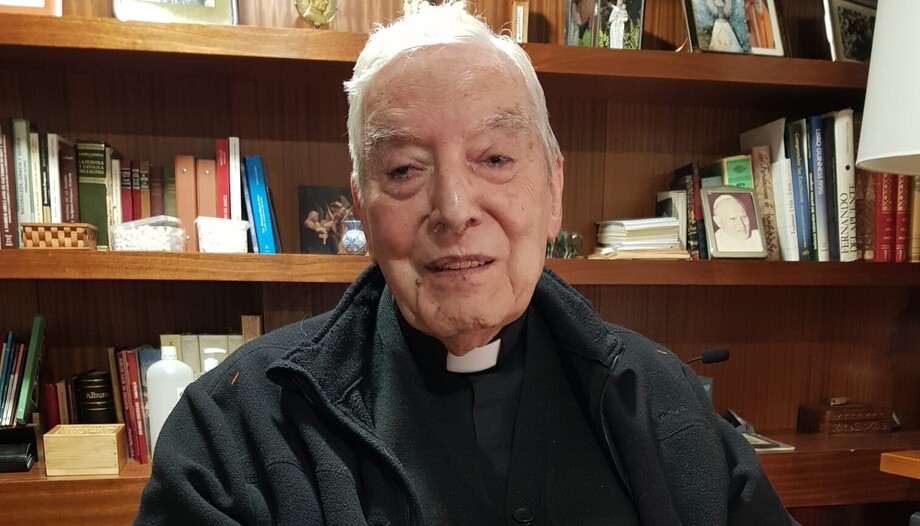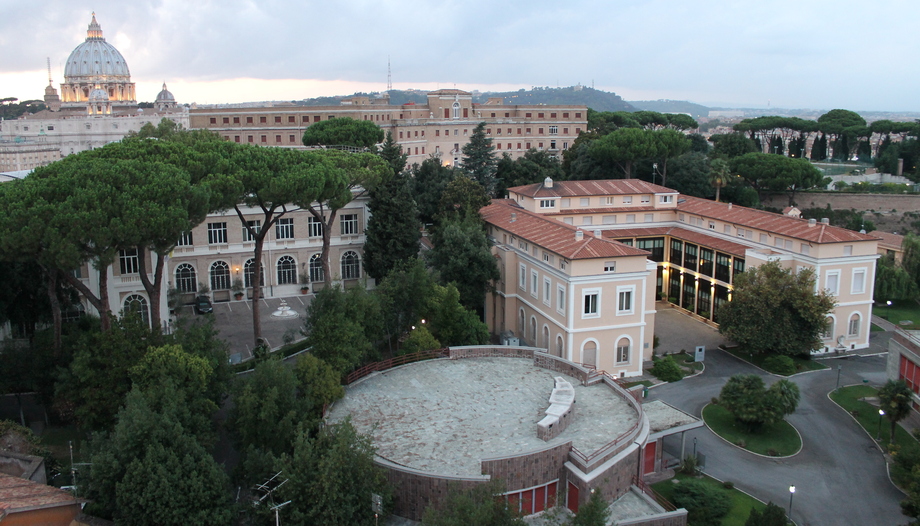It is known that industriousness is a virtue that leads to work well, to make good use of time, to put love (for God and/or one's neighbor) into work, etc. But none of this is possible if one does not love, at the same time, in some way, one's own work. The dictionary defines industriousness as "inclination to work", but not as a ball rolls downhill - on its own - but as a mountaineer is attracted to the mountain. The attractive role of love comes into play. Therefore, industriousness implies the love of work, the work that corresponds to each one: the work itself, regardless of the possible recognition or remuneration.
An industrious man is one who enjoys his work and tries to do it to the best of his ability. This shows that he loves it and that this love makes him bear with joy the difficulties and efforts that all work entails. He gets tired working, but he does not get tired of working. Without work, life would be dull and empty. When he rests, he works in a different way: on something else, with a different rhythm, with a different joy; he doesn't quite understand the idea of resting "doing nothing". The joy of creating - an idea, a thing, a result - more than compensates for the pain hidden in such a birth.
The transcendent meaning of work
Numerous current authors have discovered this and made it known to a wide audience: "Your work is going to take up a large part of your life, and the only way to be truly satisfied is to do great work. And the only way to do great work is to love what you do" (Steve Jobs). "When you love your work, you become the best worker in the world" (Uri Geller). "To be successful, the first thing you must do is fall in love with your work" (Mary Lauretta). "Every day, I love what I do and I believe it is a gift and a privilege to love your work" (Sarah Burton). These and other similar phrases are the result of profitable human experiences, today shared by the global network.
If, in addition, a transcendent sense is added, the result is that by loving work one is loving God and one's neighbor. Faith and hope unequivocally color that love, and introduce the person who works into the supernatural sphere to which the human being is destined. St. Josemaría Escrivá said: "Carry out your professional duties out of Love: carry out everything out of Love, I insist, and you will see-precisely because you love...-the marvels that your work produces.
There are cases in which it may seem difficult - even shocking or contradictory - that claim to love work to which we referred: either because one suffers from ungrateful work (for whatever reasons), or because one's personal situation (health, etc.) makes it seem impossible, or because one judges that love should be reserved for higher matters. It could be assumed that all men should work, but that it is not obligatory to do so with pleasure.
Obviously, love cannot be imposed. What we are trying to emphasize is that the industrious person, the one who learns to love his work - sometimes with effort and little by little - has a long way to go to be happy and to make those around him happy. "He who is industrious makes the most of his time, which is not only gold, it is the glory of God! He does what he should and is in what he does, not out of routine, nor to occupy the hours... That is why he is diligent [and] diligent comes from the verb 'diligo,' which is to love, to appreciate, to choose as the fruit of careful and painstaking attention" (St. Josemaría Escrivá).
It is added the circumstance that work is, by itself, the principle of personal and social relationships. And the person at the center of these relationships must, with them, fulfill the reasonable duties of coexistence that every man has with society. In such a case, how difficult it would be for someone who worked unwillingly - in opposition - to be kind, patient, to respond with gentleness, and even to understand and forgive others! The industriousness allows to transmit around the optimistic vision of the one who loves his work and knows how to enjoy the joys that it produces.
Even outside the professional sphere, how unintentionally the bad mood at work can spread to the family or more intimate sphere! It is one thing to arrive tired from work and seek a natural rest, and quite another to take out one's professional frustrations on others. If, in addition to loving work, we love God and our neighbor, the necessary rest will also help those closest to us in life to rest.
Loving work
When speaking of love of work, it is necessary to specify that the term love contains an analogous concept. One can love people, animals, things, ideas, attitudes, feelings...; but they are not loved in the same way. The most proper of love is to love persons: among them God. The other applications of the term need to be understood correctly. But, with this precision, it can be said that other things are also loved.
As Benedict XVI explained, love has a first dimension of "eros": which encompasses attraction, the desire for possession. And a second dimension of "agape": insofar as true love involves giving, gift, self-giving. All love has a proportion of each of these aspects. Love for persons, if it is great, supposes donation in good part, up to total donation in conjugal love. Love for things and ideas is, in a dominant way, erotic love: of possession and enjoyment.
Even so, it is licit to call love, within the analogy, the one we have, for example, to a pet, to a place (of birth, of family life...), to a certain landscape, to art, to sport, to soccer... This love is the one that fills us with joy when we can satisfy it, even if it requires an effort (reaching a summit...) or preparing with sacrifice for years (an Olympics...).
Moreover, such love is also the one that allows to develop more perfectly the task in question. For example, a musician who does not love music would never be more than a mediocre pianist or violinist; even if he were to hit the right notes, he would lack "spirit" and expressiveness; only an intense love for music itself can lead someone to be an extraordinary musician. Or again, in another field, only a good hunter -a great lover of hunting- can excel in that activity. The examples could be multiplied.
If it is argued that these examples refer rather to hobbies or tastes, but not properly to "professional" jobs, it can be countered that working is an almost universal human condition, which applies in a special way to the lay faithful of the Church, as reflected by the Second Vatican Council in "Gaudium et spes". In this context, John Paul I went so far as to write: "Francis de Sales also advocates holiness for all, but he seems to teach only a spirituality of the laity, while Escriva wants a lay spirituality. That is to say, Francis almost always suggests to the laity the same means practiced by religious with the appropriate adaptations. Escriva is more radical: he speaks of materializing - in the good sense - sanctification. For him, it is material work itself that must be transformed into prayer. All work, even intellectual work, presupposes -before or after- material results that prove it. The aforementioned materialization presupposes loving, in some way, both the work and the materiality it contains.
The industriousness
As we have already said, industriousness is, precisely, the love of the work that each one must perform. Certainly, it is possible to work without any love of work: as an unpleasant obligation that one has no choice but to fulfill. There are not few who work in this way. In which case it is very difficult to work with contentment, and even less to work with perfection.
Of course, in any work can be put love (to God, to one's family, to the homeland, to money...). And in such a case, the sacrificed and unpleasant work will be done with the joy of fulfilled duty: which is not something of little value. But it is not this love that intervenes in the concept of industriousness, even if it hides a certain relationship with it.
In industriousness, one's own work -whatever it may be- is loved. One loves the fact of working, the way of doing it and the fruit of it. And then the work is deeply satisfying. And, although it is always possible to do serious, professional work, only with love will it be fully realized: only in this way will it be worthy of praise. Love for God or for the family can make a job sacrificial and meritorious, but it is difficult for it to be, at the same time, humanly pleasing if one does not love the job itself.
Only industriousness allows us to work with perseverance, day after day, without immediate recognition (economic or otherwise). And to do it with total rectitude of intention; that is to say, to feel "paid" for the mere fact of working, of carrying out that task, even if no one sees it. That does not mean, as is logical, to renounce to the due remuneration; but, simply, that the love to work diverts to a second plane other material interests.
Like any virtue, industriousness admits degrees: it is possible to love work too little or too much. In fact, one can sin against this virtue by excess, if work comes to harm one's health or the time due to one's family or to God. And equally by defect, when laziness, disorder or routine turn work into a mere material "fulfillment" with repeated imperfections.
That is to say, love of work must be ordered, like everything else. It is usually the virtue of prudence, human and supernatural, which is responsible for putting work in its place, within the complexity of interests that make up a person's life. It should not be necessary to wait for outside indications to realize when work is cluttering one's own life.
In short, the industrious person, in addition to loving God and others at work, loves his work: as a means, not as an end, but he loves it. To deny this loving dimension to industriousness is to reduce it to a mere set of guidelines, most of which are negative: do not waste time, avoid disorder, do not put off until tomorrow what must be done today....
And in the life of any human being, because all virtues are united in a certain way, industriousness facilitates virtues as far apart, apparently, as temperance: chastity, poverty, humility... On the contrary, idleness -the extreme opposite of industriousness-, as the ascetic saying summarizes, is the origin of many vices.
Love of work, united to love of God and neighbor, makes people mature. It facilitates that human maturity that manifests itself in concrete details of the spirit of service, mutual help, disinterest, fulfillment of promises, etc. It makes men more human, in conclusion: "by their knowledge and work, they make social life more human, both in the family and in the whole of civil society" (Vatican Council II, "Gaudium et spes").
On the other hand, the same happens with work as with other human realities. In the case of someone who is forced to change country for work, family, etc., it is important for him to learn to love the new country. If the stay is prolonged for years and he does not get to love the customs, the character and the ways of the place, he will always be a misfit. It will be very difficult for him to be happy living in an environment he does not love, or even rejects. In the same way, a parallel case would be that of someone who is forced to change jobs and face a new task that, at first, did not seem attractive to him: with more or less promptness, he would have to start appreciating and loving it, otherwise he would have to stabilize as a perpetual unfortunate.
Laboriousness and sanctification of work
St. Josemaría Escrivá's teaching, so often expounded by him, on the sanctification of work and ordinary life, is well known, in order to call all the baptized to holiness. To put it in his own words: "for the great majority of people, being a saint means sanctifying their work, sanctifying themselves in their work, and sanctifying others through their work, and thus encountering God on the path of their lives.
In the same book we have just quoted, the interviewer asks him what St. Josemaría means by "sanctifying work," since the other expressions are easier to interpret. He answers that all work "should be carried out by the Christian with the greatest possible perfection: ...human ... and Christian... Because done in this way, this human work, however humble and insignificant it may seem, contributes to the Christian ordering of temporal realities and is assumed and integrated into the prodigious work of Creation and the Redemption of the world.
Moreover, "personal holiness (sanctifying oneself at work) and apostolate (sanctifying through work) are not realities that are attained on the occasion of work, as if work were external to them, but precisely through work, which is thus grafted into the dynamics of Christian living and, therefore, called to be sanctified in itself".
Taking these statements into account, it is clear that those who love their work will find in its execution a double motive for contentment: the work itself and the conviction that, with it, they are not only traveling the road to holiness, but that the work they love is like the "engine" for advancing along that road. Always with the grace of God, of course.
In the face of these affirmations, it is worth asking: how is it possible to sanctify work if one does not love it? Because it is not a matter of subjective sanctification - sanctifying oneself in work - but of sanctifying the exercise and the material component of work itself: of sanctifying that cooperation with the divine creative action, which left creation 'incomplete' so that man could perfect it with his work.
Conversely, how can a Christian not love the divine-human task of perfecting the world, contributing to its redemption in union with Jesus Christ, "whose hands were exercised in manual labor, and who continues to work for the salvation of all in union with the Father". With this love, "men and women (...) by their work develop the work of the Creator, serve the good of their brothers and sisters and contribute in a personal way to the fulfillment of God's designs in history".
Therefore St. Josemaría adds: "We see in work-in the noble creative labor of men and women-not only one of the highest human values, an indispensable means for progress..., but also a sign of God's love for his creatures and of men's love for one another and for God: a means of perfection, a path to sanctity. This is, in essence, what the industrious person loves when he loves his work.
Because work is a means, not an end, as we have already said. The end is Jesus Christ, the establishment of the Kingdom of God: the Church, as long as we are in this world. But how difficult it will be to reach the end for those who do not love the means to achieve it! Jesus himself, in obedience to the Father, loved his Passion and Death as the way to the Redemption of mankind. Although it cannot be affirmed that Christ loved pain in itself, it can be said that he died loving the Cross and the nails that fastened him to it, as instruments of the Father's Will.
"Sweat and fatigue, which work necessarily entails in the present condition of humanity, offer the Christian (...) the possibility of participating in the work that Christ has come to accomplish. This work of salvation was accomplished through suffering and death on the cross. By enduring the fatigue of work in union with Christ crucified for us, man collaborates in a certain way with the Son of God in the redemption of humanity. He shows himself to be a true disciple of Jesus, bearing in turn the cross of each day in the activity he has been called to carry out." (St. John Paul II, "Laborem ecvercens").
We return to the same thing, only love for this work activity will convert the pain and effort, not only into a redemptive reality, but into a deeply satisfying reality: as Christ dies happy to give his life for men. The contrary, to suffer unhappily and in denial, is not proper to Christ nor to his disciple.
Difficulties
The goal is a lofty one and, as such, it entails multiple difficulties. A good part of them are external: adverse circumstances, loyal or unfair competition, health limitations... and a thousand other reasons that do not depend on the will of the person working. But they are not the only ones, nor the most difficult. In the interior of the human subject are produced the conflicts more related to that industriousness, which we have been dealing with.
Pope Francis summarizes in a few pages of singular clairvoyance the "interior" problems that arise in the ministerial task. He addresses himself to priests, but his considerations are valid in any field. If "they are not happy with who they are and what they do, they do not feel identified with their mission". ("Evangelii Gaudium"). "Hence the tasks tire more than is reasonable... It is not a happy tiredness, but one that is tense, heavy, unsatisfying and, in short, unacceptable." "Thus the greatest threat is gestated, which 'is the gray pragmatism of everyday life'... the psychology of the grave develops... which turns us into complaining, disenchanted pessimists with a vinegar face." It seems very negative, perhaps exaggerated, but it is a caricature of that worker who is not happy with what he does, who sacrifices himself but without love: without love for God and neighbor, and without love for that concrete task that God's will - often through human intermediaries - has placed in his hands.
It is clear that many times hard work -loving work- is not enough to solve problems. There are obstacles that may remain insurmountable for the time being. In these cases, nothing is gained by protesting and complaining; on the other hand, if one tries to love the situation - the work and its circumstances - a little more each day, in the end one manages to notably diminish the discomfort that one suffers and that is communicated to others. A well-known circularity is produced: love facilitates dedication and sacrifice, and these increase love more and more. Like every virtue, industriousness develops and grows precisely in infirmitate: in trial and weakness (cf. 2 Cor. 12:9).
"We are called to be people-canaries to give drink to others"; to spread to those around us the hope and joy that no costly work can diminish, if we learn to love it with the help of God. For, although it is a human virtue, only supernatural charity allows us to reach that height which, beyond the reasons of logic, makes us overcome any human inconvenience. "When you understand this ideal of fraternal work for Christ, you will feel greater, firmer, and as happy as you can be in this world" (St. Josemaría Escrivá, "Furrow").
And then he not only says, like St. Martin, "non recuso laborem" ("I do not refuse to work"), but he thanks God for being able to work always, every day, until the last day of his life.
Conclusion
What is said about industriousness and work offers a clear parallel with other dimensions of human life. For example, piety: the pious person loves everything that brings him closer to God and his details. Prayer will be more or less fruitful for him, perhaps even arid at some point; but he does not care: he knows how to be happy in the presence of God, even if he does not 'feel' anything. Whoever is not pious, every liturgical action will be heavy and long for him, and if he loves God, he will do it for Him, with a sacrifice that is valuable in itself. But only if he is pious - if he loves gestures and words - will he enjoy his own and liturgical prayers.
The well-known parable of the talents (cf. Mt 25:14-29) teaches us that the one who received only one talent did not love the task entrusted to him by his master. On the other hand, the other two, enthusiastic about the talents they had received, knew how to make them bear fruit. They loved the task entrusted to them and obtained fruit from it.
Laboriousness is the virtue that teaches us to love the work that God arranges for our life, and helps us to bear the fruit that God expects. It is necessary to learn to be industrious, like so many other virtues; but, once learned, it gives us an intimate satisfaction in what we do, which helps us to be happy.





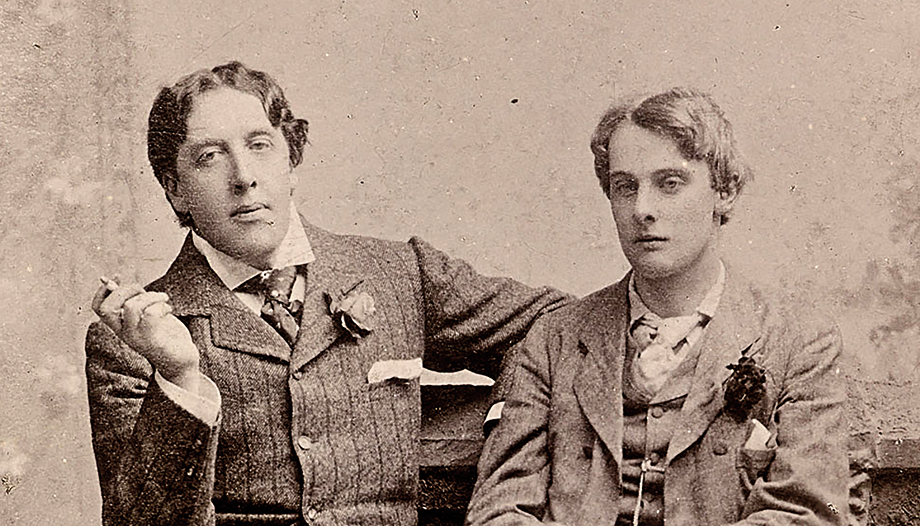





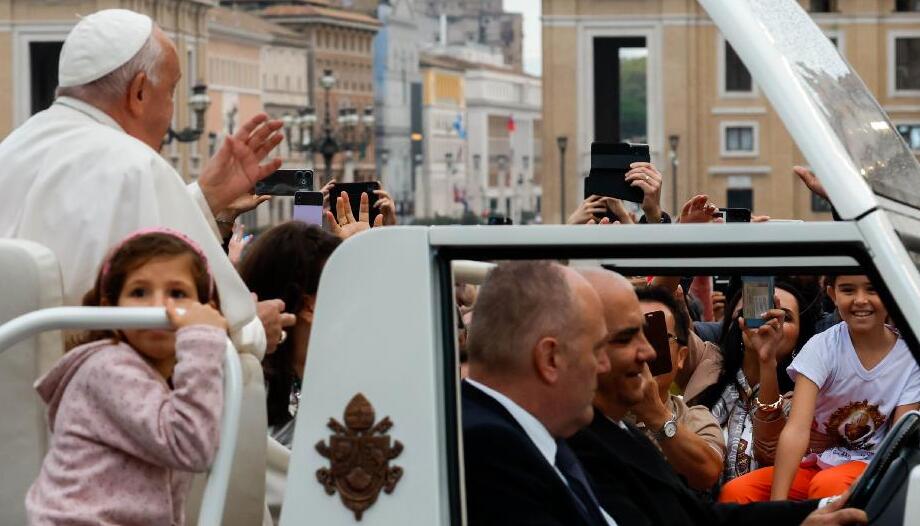
 Material element, human gestures and words in the sacraments of Baptism and Confirmation.
Material element, human gestures and words in the sacraments of Baptism and Confirmation.


